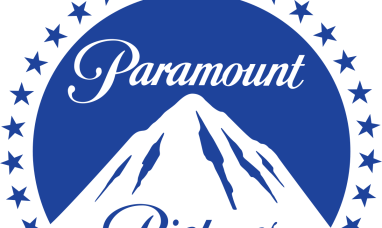Johnson & Johnson (NYSE:JNJ) has reported promising top-line data from a late-stage clinical trial assessing the efficacy of a chemotherapy-free treatment regimen involving its drug, Rybrevant (amivantamab-vmjw), for the treatment of EGFR-mutated first-line non-small cell lung cancer (NSCLC).
In this phase III MARIPOSA study, Rybrevant was evaluated in combination with lazertinib, an oral third-generation EGFR tyrosine kinase inhibitor (TKI), as compared to AstraZeneca’s (AZN) Tagrisso (osimertinib), an established third-generation EGFR-TKI with proven effectiveness in NSCLC. AstraZeneca received FDA approval for Tagrisso in March 2017, primarily for patients with metastatic EGFR T790M mutation-positive NSCLC, whose disease had progressed after previous EGFR TKI therapy.
JNJ’s Rybrevant is currently approved for the treatment of adult patients with locally advanced or metastatic NSCLC whose disease has advanced after platinum-based chemotherapy.
The MARIPOSA study successfully met its primary objective of progression-free survival (PFS) in patients receiving the Rybrevant-lazertinib combination compared to Tagrisso, demonstrating both statistical significance and clinical relevance. Additionally, an interim analysis of overall survival (OS), a secondary endpoint, also favored the treatment arm receiving the Rybrevant-lazertinib combination. However, the statistical and clinical significance of OS data is yet to be determined.
Other secondary endpoints in the MARIPOSA study include objective response rate, duration of response, intracranial PFS, PFS after the first subsequent therapy, and time to symptomatic progression. The safety profile of the Rybrevant-lazertinib combination remained consistent with previously reported data.
Management asserts that current standard-of-care EGFR TKIs for first-line EGFR-mutated NSCLC often lead to resistance and disease progression when used as monotherapy, highlighting a significant unmet medical need. The combination therapy of Rybrevant and lazertinib, if successfully developed, holds the potential to advance treatment beyond TKI monotherapy in this indication.
The MARIPOSA study’s data release marks the third late-stage study involving Rybrevant announced in 2023, following results from the PAPILLON and MARIPOSA-2 studies. JNJ intends to present the results from these studies, along with additional details on select secondary endpoints, at an upcoming medical conference.
Johnson and Johnson is also actively investigating Rybrevant in various other studies for NSCLC indications. It’s worth noting that the current standard of care in the frontline treatment of metastatic NSCLC is Merck’s (MRK) Keytruda, an anti-PD-1 therapy that accounts for a significant portion of Merck’s pharmaceutical sales and has approvals for multiple cancer types in the United States and globally.
Featured Image: Megapixl















